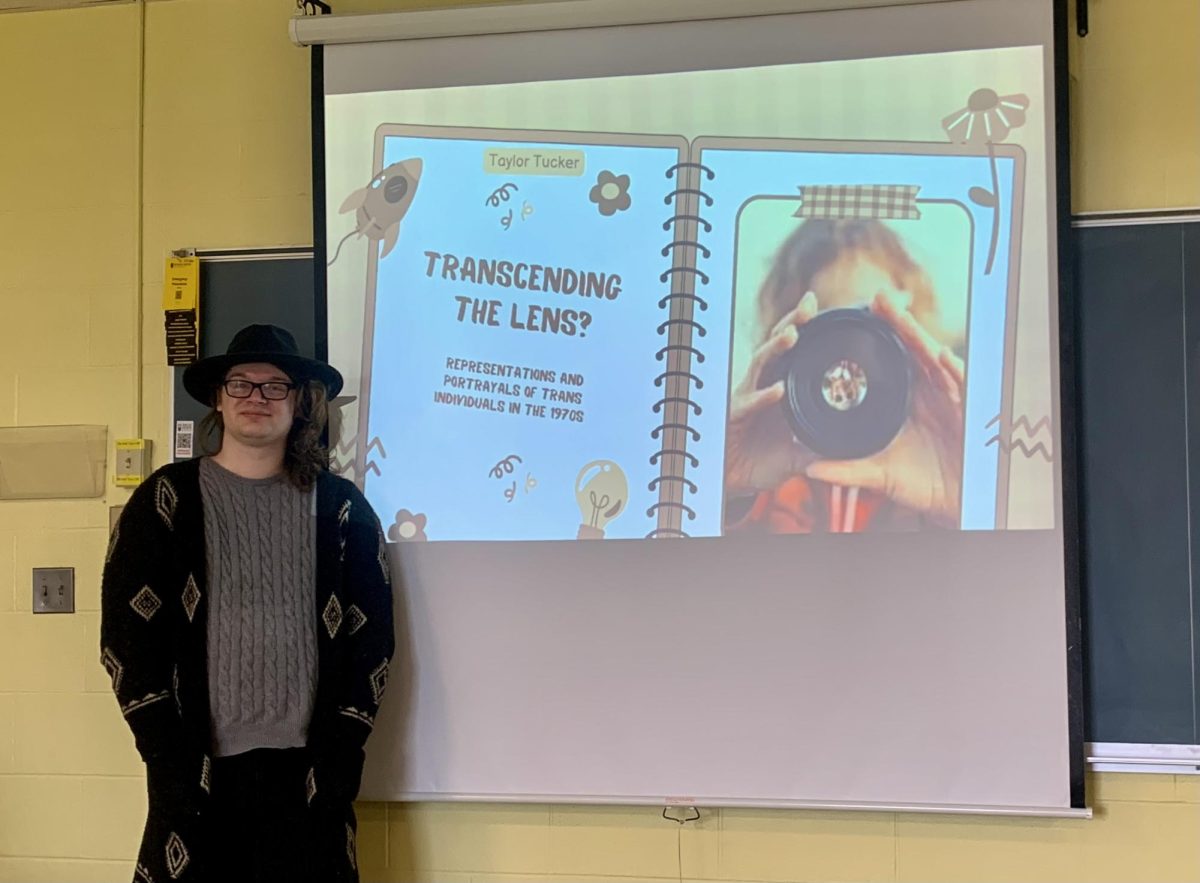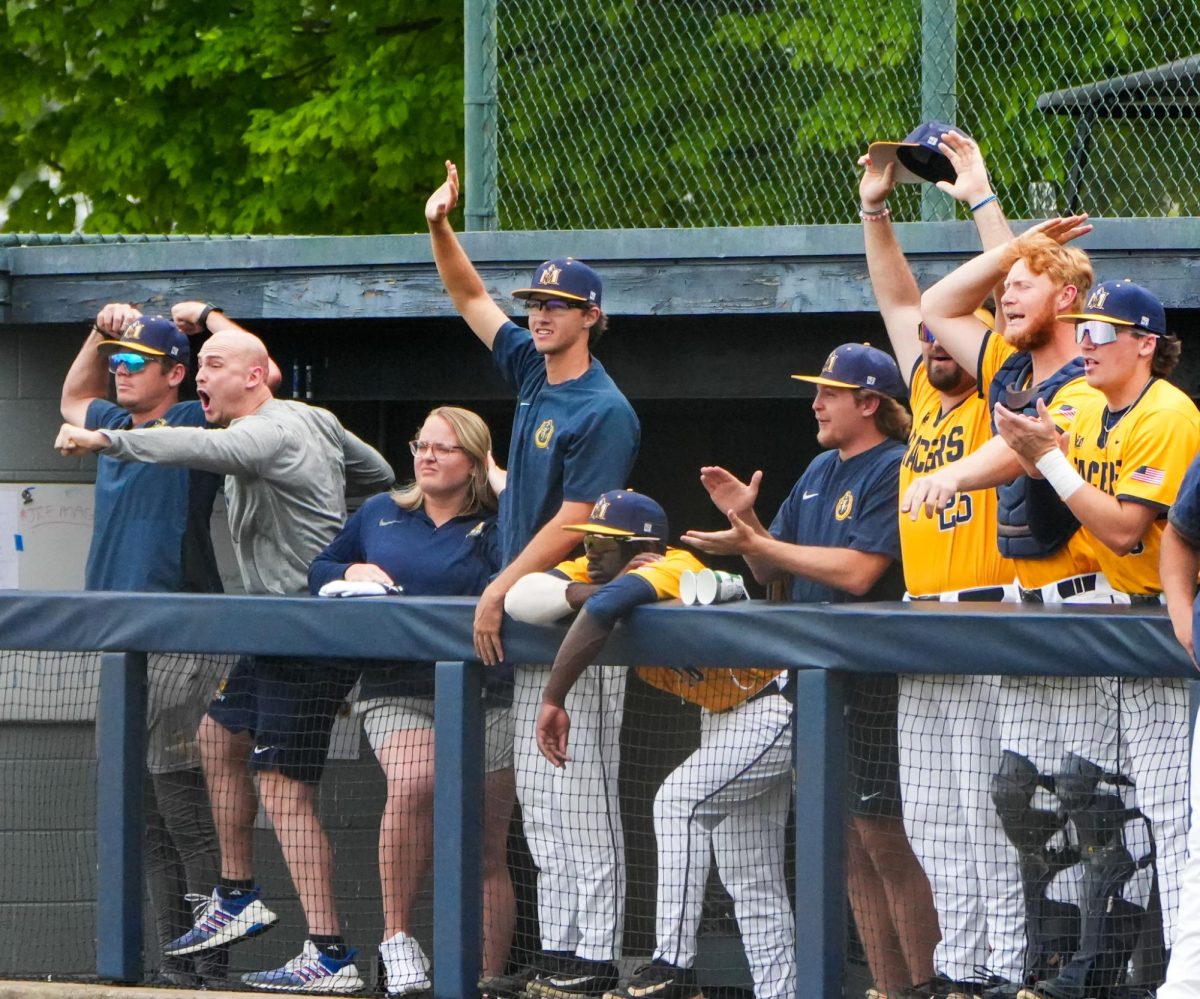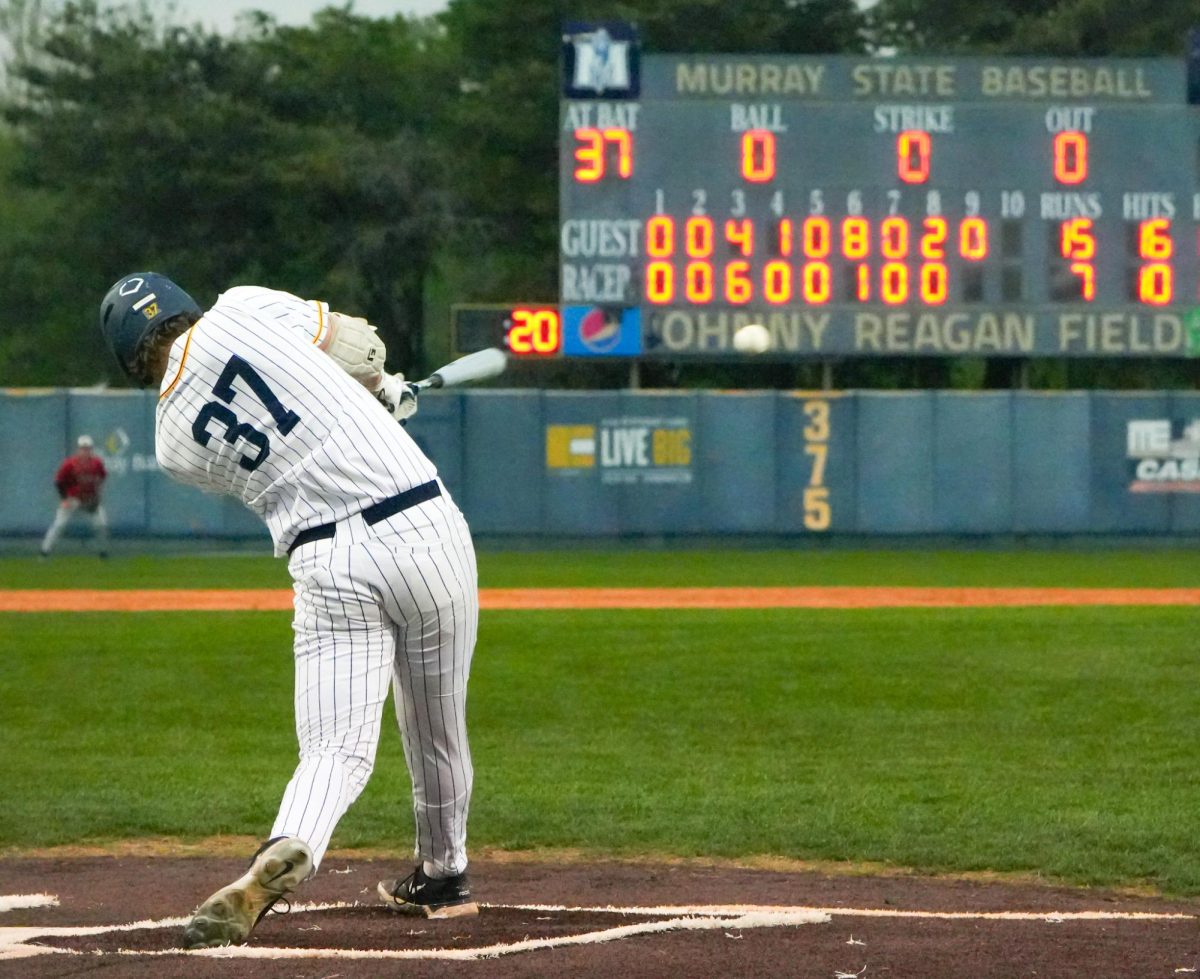When crossing from Wilson Hall to my car after class, I noticed a slip of paper shoved under my windshield wiper. Worst-case scenarios started bouncing around in my head—a ticket? A note saying, “Sorry, I hit your car”?
None of the above. Depicted on the flyer was a graphic of two champagne flutes with the words, “End Prohibition at Murray State. Let 21+ students drink.”
“End Prohibition” refers to the fact Murray State is a “dry” campus, meaning students in possession of alcohol or intoxicated on campus, regardless of drinking age, can be fined.
The News believes that this situation is neither black nor white and a middle-ground can be reached between the two sides.
As a 21-year-old student, I was inclined to agree with the flyer, but let’s explore the implications.
Pros
- Some students are going to drink anyways
- Can make campus a safe environment, especially for those who live here
- Alcohol at sporting events could bring in revenue for the University
- The resources pooled into the fine system for violations could be spent elsewhere, like alcohol education programs, rehabilitation programs
- Making campus “wet” may lessen the likelihood of unfamiliar or dangerous situations
Cons
- Students under the legal drinking age may feel inclined to drink on campus
- Crime and arrest rate may increase
- Residential life can be disrupted by partying or drinking
- Students may drive under the influence
- Introducing alcohol to campus may affect student performance
Alternatives
- Public intoxication fines and noise level penalties can be enforced as alternatives to prevent disruptive situations
- A student bus service can be introduced on campus during the later hours of the weekend so students have a safe ride home
- Making some parts of campus “wet” and some “dry”
- Residential colleges can decide individually whether or not to allow alcohol.
“Ending Prohibition” on campus may sound like a precursor to public intoxication, drunk driving and underage drinking, but I keep returning to the same point: students may find a way to drink anyways. In doing so, they may find themselves in uncomfortable situations, and it’s better they drink at home than at some random party.
I’ve known friends who’ve had alcohol poisoning. I’ve known friends who’ve driven drunk. I’ve known friends to be severely injured during car wrecks where the driver was intoxicated. All of the people I’ve just listed were underage at the time, but that wasn’t the only issue—they didn’t care about their own safety. Ease of access certainly played a role, but punishments only seemed to make it worse. Maybe if these students were given other choices — a safe ride home, a therapy appointment, a conversation about drinking — they would’ve chosen to prioritize their own safety.
Think of this as less than ease of access and more as investing in safe drinking for students. Situations that are disruptive or dangerous may lessen, but we don’t truly know. Campus police may bust disruptive, loud, overcrowded or dangerous parties, and more relaxing wine nights can take place (as long as everyone is 21+ and peaceful).
The hard truth is that students are going to do whatever they want, so why not acknowledge campus culture and develop other (safer) choices?
We may find out that access to better student rehabilitation or mental health programs may answer the concerns that drinking can bring.
For those seeking help, contact the Counseling Center at [email protected] or visit murraystate.edu/counselingcenter.




































































































